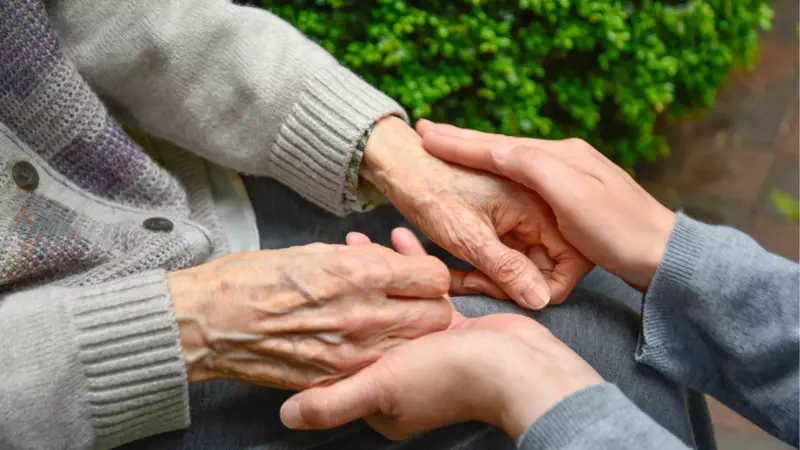Care and Support at Home: Practical Help

Care and support at home
Many people benefit from care, equipment or adaptations to help them manage day to day. If you need help to manage safely at home, contact your local council’s social work department, or the NHS if you live in Highland. You will need to ask for a care needs assessment so they can work out the kind of help that would be most useful.
The Care Needs Assessment
You will usually be assessed at home, by a social worker or an occupational therapist. If you are being discharged from hospital you may be assessed partly in the hospital and partly at home.
If you have a carer they should be involved in the assessment so they can describe the help they give you. It can be useful for the assessor if you have a letter from a health professional outlining your needs, but you do not need one to ask for an assessment.
Assessments should happen as soon as possible, but there may be a delay in being assessed or receiving any equipment the assessment says you need. If you feel there has been an unreasonable delay, you can use the council's complaints process.
After the assessment
You will be given a care plan, or support plan. This will describe the needs the assessor feels you have, and the care, equipment or adaptations that may help. It will also tell you what help the council can give you towards costs.
You should be given a choice of how the support in your care plan is arranged. You can ask the council to arrange it for you, or you can arrange it yourself. If you are arranging your own care, the council will give you a budget for the amount they have agreed they can cover. This is called Self-Directed Support.
This guide will discuss in more detail the different types of care, support and equipment available, and how these are arranged and paid for.


